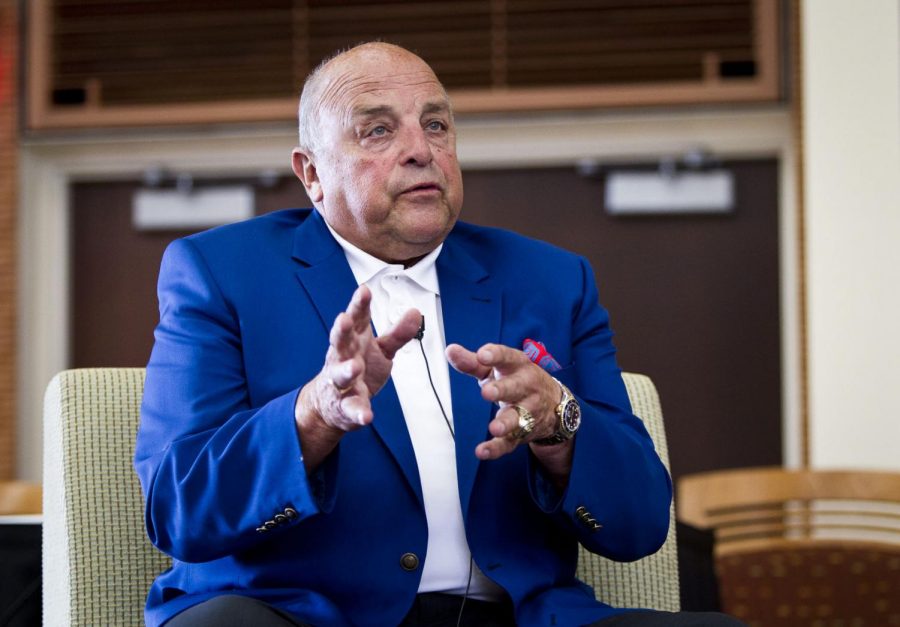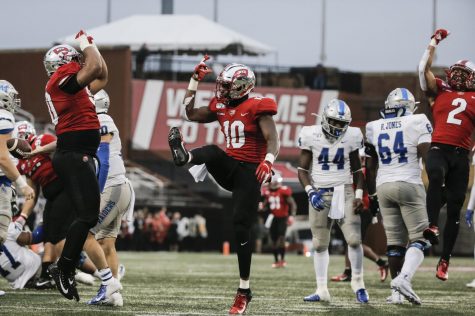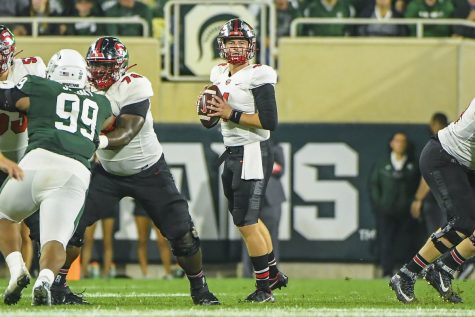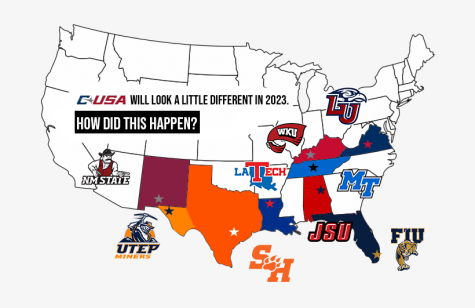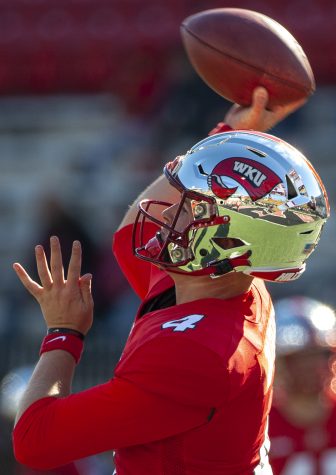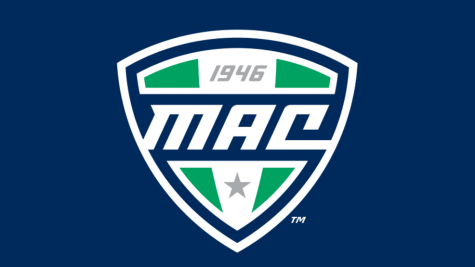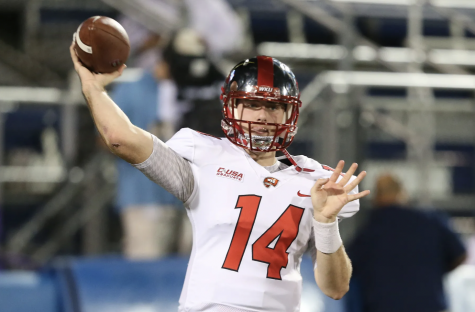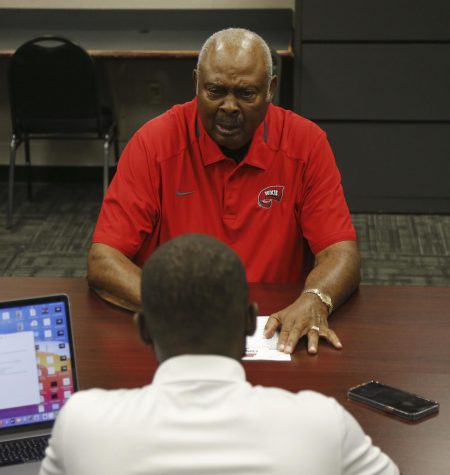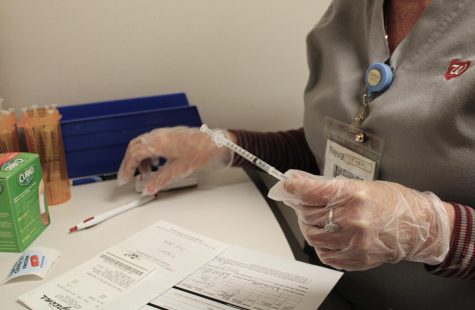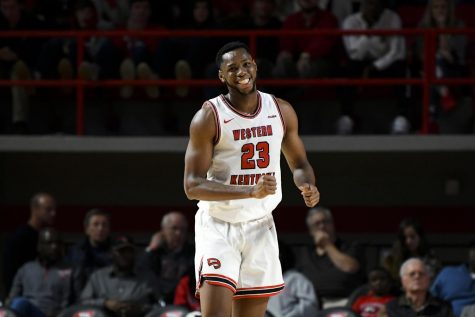Sources: Barry Alvarez moves up retirement plans; Wisconsin athletic director expected to make announcement in coming weeks
March 29, 2021
Barry Alvarez is set to retire after nearly 17 years as the athletic director at the University of Wisconsin.
Sources close to Alvarez say he has moved up his timeline to retire and plans to make it official soon. He did not immediately answer a message left on his cellphone.
Alvarez’s tenure as the athletic department’s leader saw high-level success across a number of programs, with 16 teams winning national championships, including six in women’s hockey and five in women’s lightweight rowing. The football and men’s basketball programs produced 15 consecutive years of playing in a bowl game and reaching the NCAA tournament, setting an NCAA record.
The Badgers won 73 conference championships (regular season and tournaments combined) under Alvarez, who turned 74 in December.
Alvarez also pushed forward charitable initiatives through his own donations and with the Badgers Give Back program, which gave direction to the department’s community outreach.
Timeline: Barry Alvarez’s storied career at UW as a coach, athletic director
A taxing year
News of Alvarez’s impending retirement comes after a tumultuous year for the department, which experienced significant financial setbacks, canceled competitions and altered schedules due to the COVID-19 pandemic.
Alvarez, a longtime power player in the Big Ten Conference, often was front and center this fall when the league canceled the football season, then brought it back months later. The decision to cancel the football season amid the pandemic was taxing, Alvarez said.
“I was worn out. I just felt beat down then,” he told the State Journal in October.
But Alvarez was a member of multiple committees that helped bring back football after doctors devised a plan to test players and coaches daily. Even with precautions, UW and other Big Ten teams ran into myriad COVID-19 issues this season.
The Badgers still are managing COVID-19 cancellations, with the volleyball program taking a pause in their spring season due to the virus and multiple opponents canceling games.
Interesting name in the NCAA transfer portal: Former Badgers forward Nate Reuvers
According to State Journal sources, Alvarez has been contemplating retirement for some time but the timing of his decision was influenced by two key factors. First, the end of the playing career of his grandson, UW tight end Jake Ferguson, who announced he was returning for his senior year with the program in 2021. The second was his desire not to leave the program in difficult circumstances financially or otherwise relating to COVID-19. Vaccine distribution is ramping up in Wisconsin and the Badgers are planning on having venues full of fans at next year’s events.
Decades of growth
UW hired Alvarez — who was entering his 14th season as its football coach — as athletic director in April 2004, with Alvarez replacing longtime AD Pat Richter, the man who hired Alvarez as football coach in 1990.
Alvarez coached two seasons, 2004 and 2005, while also serving as the athletic director, but he stepped down as the coach after the 2005 season to focus on running the athletic department. Alvarez has the most wins (119) in the football program’s history and led the Badgers to three Big Ten championships and three Rose Bowl victories. He was inducted into the College Football Hall of Fame in 2010.
“He did what we hired him to do,” Richter said, “and that was to bring back respectability in a shorter period of time than I think anybody would have expected.”
The UW athletic department made significant additions to its facilities while Alvarez was in charge. The Stephen M. Bennett Student-Athlete Performance Center at Camp Randall Stadium, which opened in 2014, serves as a training hub for athletes in multiple sports.
The men’s and women’s hockey, softball, cross country and golf teams all had home venues or training space added between 2009 and 2012.
UW renovated the interior and exterior of the 90-year-old UW Field House and has plans for upgrades at Camp Randall and the Kohl Center.
Legacy of success
Alvazez’s fingerprints are found throughout the department, especially in the coaching ranks. He named defensive coordinator Bret Bielema as his replacement as football coach, and Bielema led the Badgers to a 68-24 record in seven seasons and Big Ten Conference championships in his final three seasons. The hire of Gary Andersen didn’t bring as much success, but Alvarez brought Paul Chryst back to the program, and Chryst has put together a 56-19 mark, including a 5-1 record in bowl games.
Bo Ryan’s midseason retirement early in the 2015-16 men’s basketball season created an unexpected opening, with longtime assistant Greg Gard taking over on an interim basis. Alvarez lifted the interim tag a few weeks before Gard led the Badgers to the Sweet 16 that year, and Gard has posted a 119-70 record as coach.
Fifteen of UW’s varsity coaches were hired by Alvarez.
Until the 2019-20 fiscal year was disrupted by the COVID-19 pandemic, the UW athletic department ran a net profit each year under Alvarez.
“Wisconsin, I feel, is one of the more responsible departments out there,” said Nick Schlereth, an assistant professor of recreation and sport management at Coastal Carolina who studies college athletics spending. “I think Barry Alvarez does a pretty good job and understands money in not trying to overspend to do a lot of things.”
The Badgers’ annual expenses grew from $76 million in Alvarez’s first year as athletic director, 2014-15, to $149 million last year.
A coach’s view
In a presentation to the UW Board of Regents on Feb. 4, Alvarez gave a view into his personnel management style. He said prospective coaches usually ask during interviews what Alvarez wants from them.
“I know they’re expecting me to talk about winning conference championships, national championships, etc.,” Alvarez said. “I tell them I do expect them to be competitive. With the wherewithal we will give you we expect you to be competitive.
“But in the end, when I have my exit interview with a student-athlete I want that athlete to come in and say, coach, I had support from my coaches on the field, off the field. I grew. They supported me academically. I’m walking out of here with a meaningful degree. And you know what, if I had it all to do over again, I’d come back here to school again.
“That’s the attitude I want my coaches to have. I want them to care about their student-athletes. And I think that’s the type of coaches that we do have.”
Photos: A look back Alvarez’s time as UW’s athletic director

